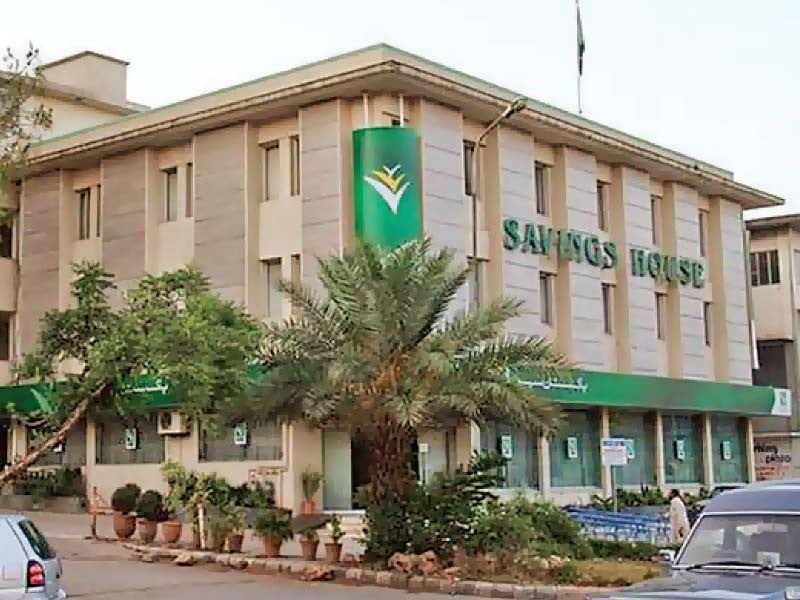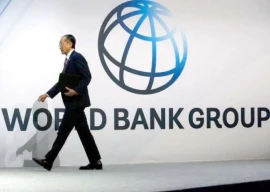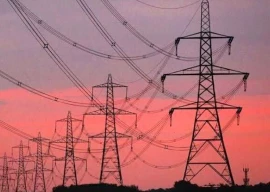
Investors in Pakistan have been aggressively withdrawing investments from various national saving schemes due to significantly low rates-of-return (RoR) compared to the ones offered by banks on fixed investments. The State Bank of Pakistan (SBP) reported on Wednesday that investors withdrew Rs32.38 billion ($190 million) from saving schemes alone in February 2023, with a total disinvestment of Rs285.73 billion ($1.7 billion) in the first eight months (Jul-Feb) of the current fiscal year 2023.
Speaking to the Express Tribune on the condition of anonymity, a Central Directorate of National Savings (CDNS) official said, “Who will invest in national saving schemes at the prevailing RoR at around 12% compared to 22% on three-month T-bills (the government debt instrument)? The rate of return has become uncompetitive… it has gone dead.”
Additionally, the government also deducts 30% tax on profit from the saving schemes from non-filers, he said.
The CDNS reported that it is offering RoR in the range of 12.26% to 14.16% on saving schemes, including Defence Saving Certificates (DSC), Behbood Savings Certificates (BSC), Shuhadas Family Welfare Account (SFWA), and Regular Income Certificates (RIC). The CDNS is also offering profit in the range of 16.12% on investment in three-month Short-Term Savings Certificates (STSC), 16% on six-month paper, and offers 15.96% RoR on 12-month STSC.
The CDNS official stated that “individuals and corporates are withdrawing investment from saving schemes prematurely (before the period of investment is completed) to relocate investment to higher return offering instruments.”
The official added that some banks are now offering an RoR of around 22% on fixed investment for up to three years, and “knowledge-based investors may be relocating their capital to more lucrative assets.”
In 2020, the government barred corporate investors from parking their savings into CDNS saving schemes, as they can invest directly in government debt securities like three to 12-month T-bills and three to 20-year PIBs. The outflows from outstanding investment with CDNS are partially seen due to the maturing of investment by corporates or they are prematurely withdrawing the investment to take position in lucrative instruments like the T-bills and PIBs, he added.
This is the third consecutive year in a row in which investors are pulling capital from saving schemes. Earlier, corporate withdrawal was a leading reason behind the aggressive outflows, but now, it is most likely individuals who are divesting due to the offer of low profit.
The central bank reported that the outstanding investment in saving schemes (net of prize bonds) has reduced to Rs2.92 trillion ($17 billion) in February 2023, compared to Rs3.48 trillion ($20 billion) in the same month of the last year, showing a drop of 16% (or Rs565 billion) in one year. The outstanding investment in prize bonds, however, improved to Rs381.5 billion ($2.2 billion) in February 2023, compared to Rs373.4 billion ($2.1 billion) in February 2022.
The central bank data suggests investors have pulled out Rs26.68 billion ($157 million) from Defence Saving Certificates (DSC) during Jul-Feb FY23, withdrew another Rs26.76 billion ($158 million) from Regular Income Certificates (RIC), divested Rs71.89 billion ($423 million) from Special Savings Certificates (SSC), and disinvested another Rs167.26 billion ($983 million) from other schemes. They, however, purchased prize bonds worth Rs6.87 billion ($40 million) in the first eight months of FY23.
CDNS reinvests the funds taken from individuals into three to 10-year PIBs and distributes profits among its investors from the profits earned on PIBs. Commercial banks bought three-year PIB at an RoR at 18.05% in mid-March. They acquired five-year bonds at the rate of 13.80%.
In the secondary market, the yield on three-year PIB hovered at 18.23%, on five-year bond at 15.16% and on 10-year PIB the yields stood at 15.24% in mid-March.
This shift away from national saving schemes and towards government debt securities is worrying news for the Pakistani government, which relies on savings mobilised through CDNS to finance its fiscal deficit. With investors increasingly turning to the more lucrative government debt securities, the government’s reliance on commercial banks for financing is set to increase.
As of mid-March, commercial banks lent to the government at a historic high rate of 23% against acquiring T-bills. The government is now under pressure to offer more attractive RoRs to savers in order to keep them invested in national saving schemes.
The government is mandated to revise saving rates every month, but it has not revised the rates for several months, said the CDNS official, adding that the weighted average RoR on national saving schemes should be 95% of the return on PIBs as per the relevant law.
Published in The Express Tribune, April 6th, 2023.
Like Business on Facebook, follow @TribuneBiz on Twitter to stay informed and join in the conversation.




1722415155-0/BeFunky-collage-(18)1722415155-0-165x106.webp)
1717051338-0/BeFunky-collage-(76)1717051338-0-165x106.webp)





1730379446-0/WhatsApp-Image-2024-10-31-at-17-56-13-(1)1730379446-0-270x192.webp)









COMMENTS (5)
Comments are moderated and generally will be posted if they are on-topic and not abusive.
For more information, please see our Comments FAQ